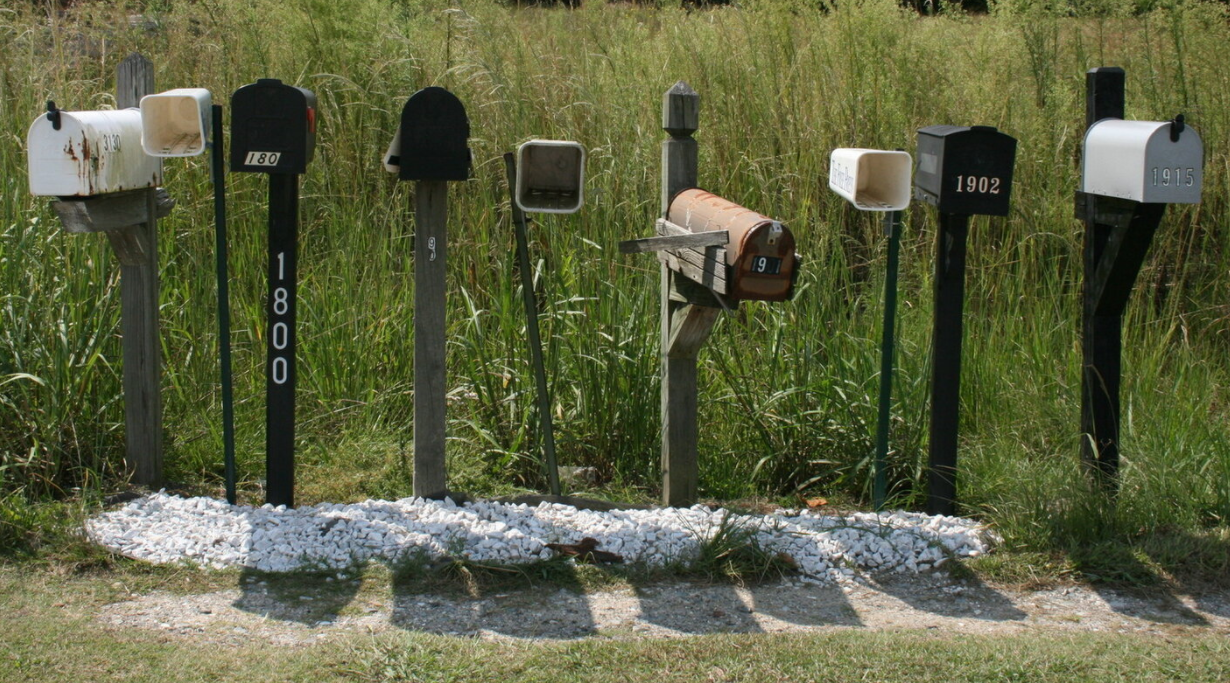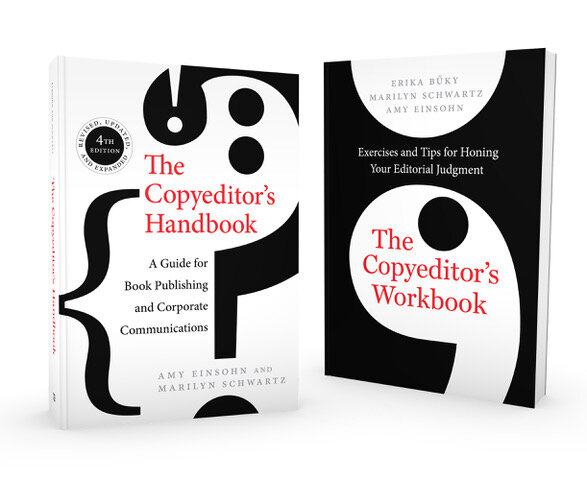
Guild Statement on Protests
Black lives matter. The board of the Northwest Editors Guild mourns the violent murders of George Floyd, Breonna Taylor, and so many others—including, here in the Northwest, Manuel Ellis. We are appalled at the violence committed by those entrusted with law enforcement. Yet as representatives of an overwhelmingly White professional association, we must also recognize the racial inequality in our own organization and in our profession.

Getting the Words Out
A few years into editing full-time, I came to realize that the publication process bewildered most of my writers. Not only did they not know what hoops to jump through, they very often didn’t know that editors could help them in the leaping.

How Do I Zoom?
There is no clear end in sight for the period of social distancing necessary to flatten the infection curve, but that doesn’t mean we can’t connect online. For the foreseeable future we will be meeting on Zoom. If you’re new to Zoom, this post is for you! It will walk you through the process of setting up and participating in Zoom meetings.

Resources for Troubling Times: What Editors Need to Know During the COVID-19 Pandemic
If you find yourself unsettled these days, you aren’t alone. Though editors often work from home, many of us are new to being 100% remote. The struggles that come from working at home are amplified with isolation and loss of routine due to stay-at-home orders, making focus and motivation difficult throughout the day.

StetPet Editorial Assistants
The Northwest Editors Guild introduced a weekly feature called StetPet on our social media during the summer of 2017 to give our followers a midweek smile. We’ve posted photos and descriptions of animal editorial and writing assistants from all over the world every Wednesday since, featuring plenty of cats, dogs, rodents, aquatic pets, and even wild animal visitors that “help” editors and authors with their work. StetPet posts are frequently the most popular posts on the Guild’s social media feeds.

Welcoming 2020 on the Board
On January 19, departing, returning, and incoming board members of the Northwest Editors Guild joined together for our annual daylong retreat to meet up in person, share information, and ensure a smooth transition into 2020. Please join us in welcoming our new members, and enjoy these brief introductions to the whole board.

How to Reach Out: The Basics of Our Member-Only Listserv
Confused about how the Guild’s member-only listserv works? This post is here to answer your questions!

Building Relationships: A Post-Conference Conversation
To all the editors who participated in the Northwest Editors Guild’s Red Pencil Conference 2019 in September, we’d like to say once more—thank you for joining us! It was a day full of new perspectives, new ideas, new skills, and new voices. It was also a day for celebrating editors and our commitment to creating bridges between writers and readers.
We would also like to thank once again the many supporters who stepped up to make the Guild’s first scholarship program a reality this year. Six Voice & Voices scholarships were awarded to encourage six editors to attend their first Red Pencil Conference. We hope they will continue to add their voices to our growing editorial community.

The State of the Guild . . . Depends on You!
In this State of the Guild address, presented at our October 12 potluck, Elaine acknowledged the many volunteers who made things happen in 2019 and suggested ways volunteers can move the Guild’s mission forward in 2020. A few of those opportunities are highlighted in boldface below, and we’re always open to members’ fresh, creative ideas for future community building.

English as We Have Loved It
When Amy Einsohn’s classic Copyeditor’s Handbook was first published in 2000, at least 50 percent of copyeditors in the book industry (a sector of publishing rarely ahead of the technology curve) were still marking paper manuscripts with No. 2 pencils, according to panelists at a conference for on-screen editing held in San Francisco that year. Many deft amateurs still learned their craft, as Amy and I had, by apprenticing to a battle-tested in-house editor or by following hand-marked foul copy while proofreading typeset galleys. Publishers, the traditional gatekeepers of content, still typically anointed lucky authors for fifteen minutes of fame, although spurned writers sometimes resorted to the widely disparaged practice of “vanity publishing” by digging into their own pockets. Some of us editors even had “real jobs”—the kind with regular paychecks and benefits. (Secure in my niche as managing editor at the University of California Press, I was among the fortunate ones.)
The culture and practice of editing have profoundly changed since then.
